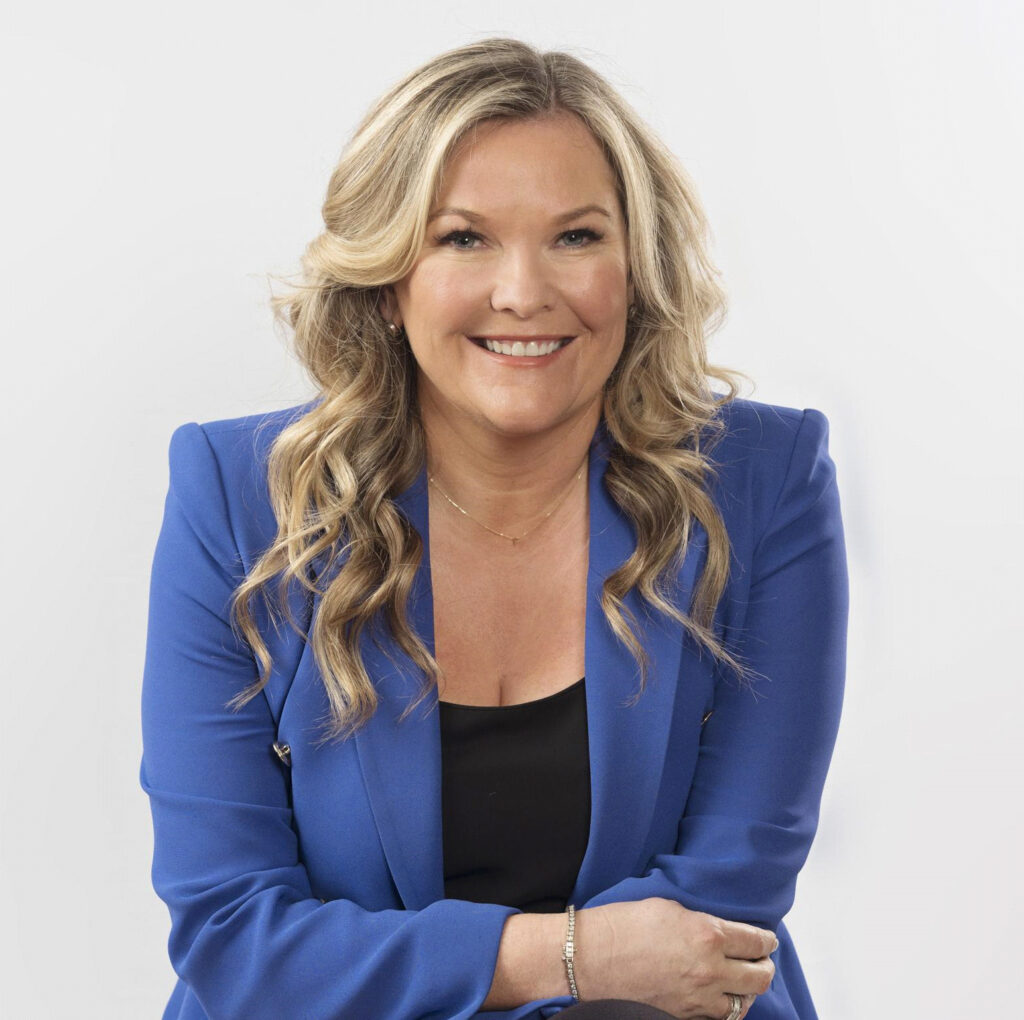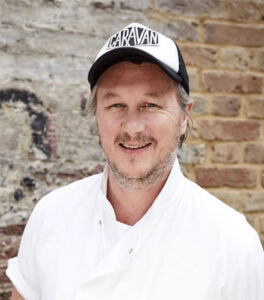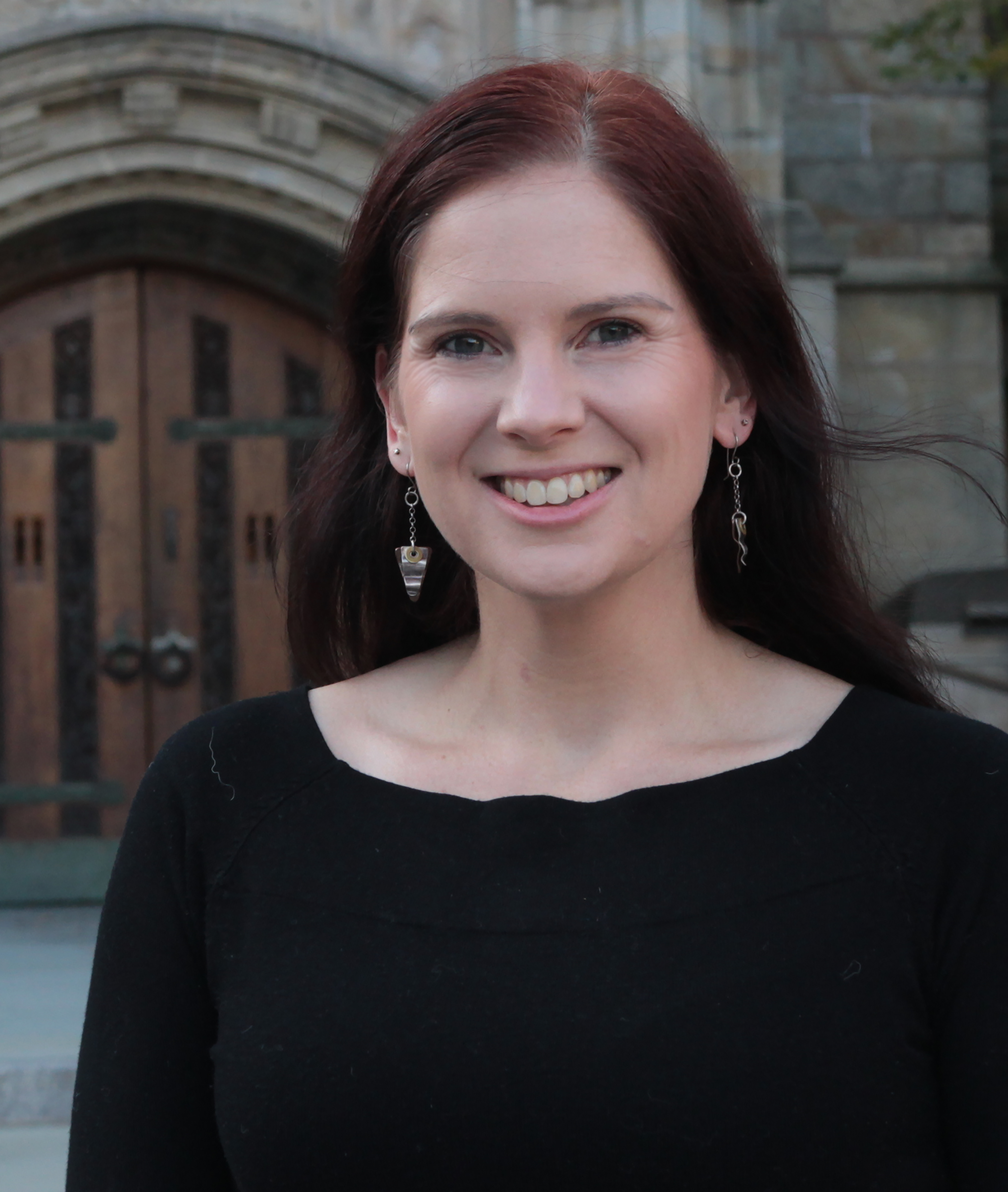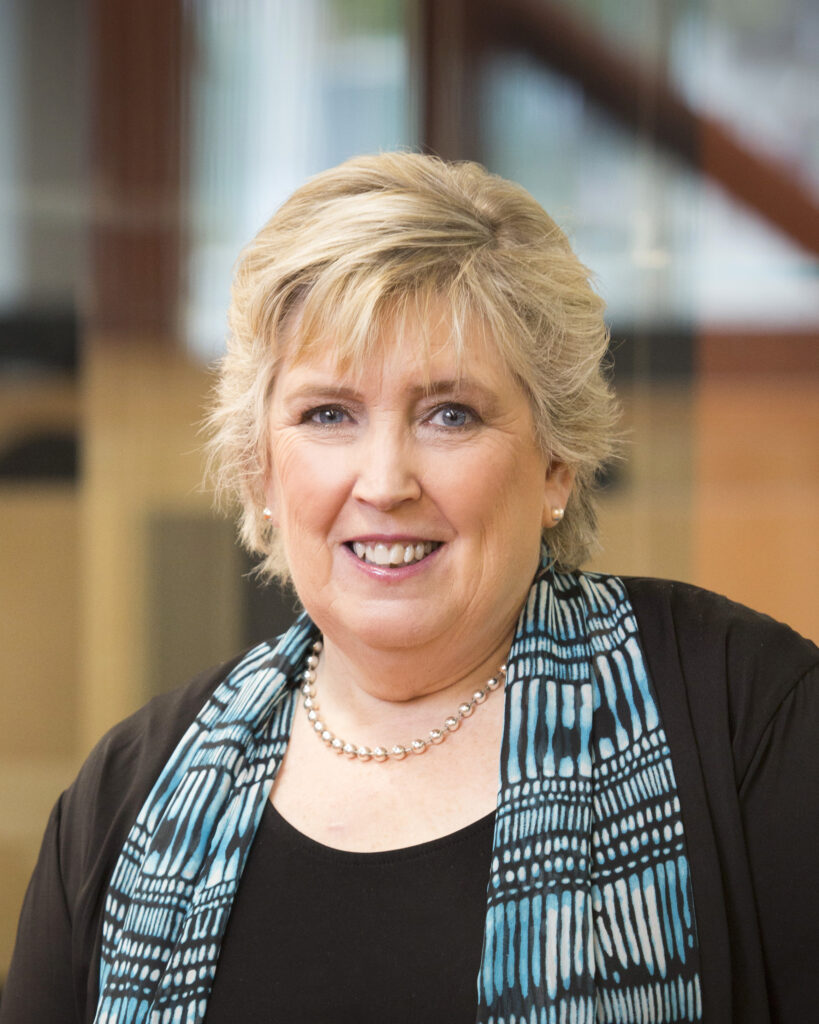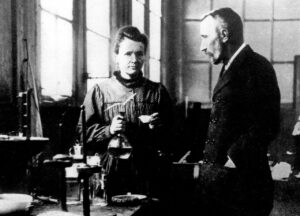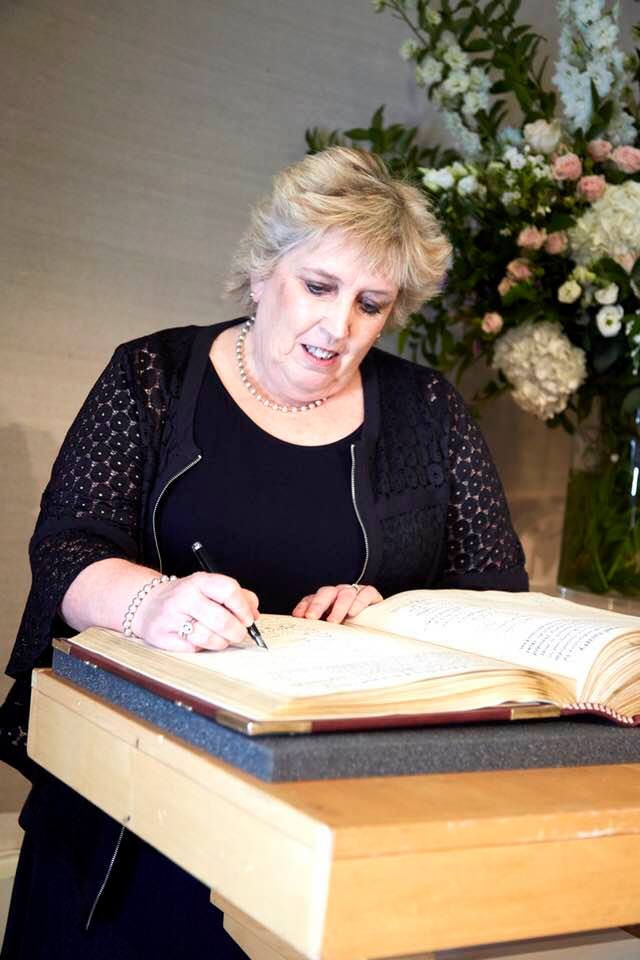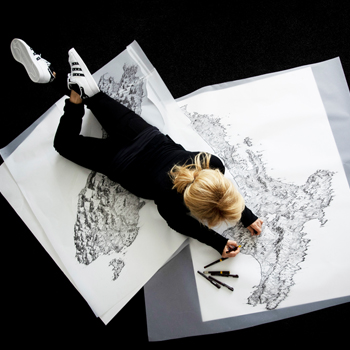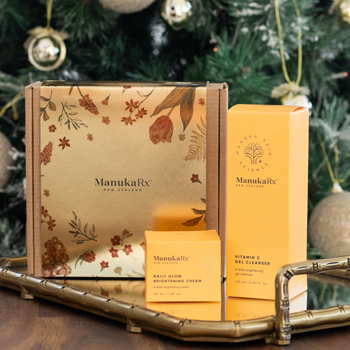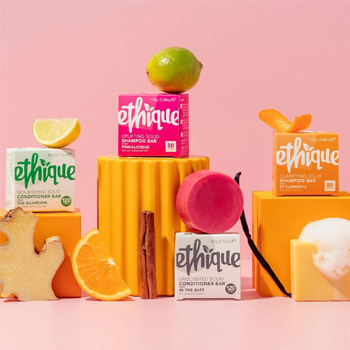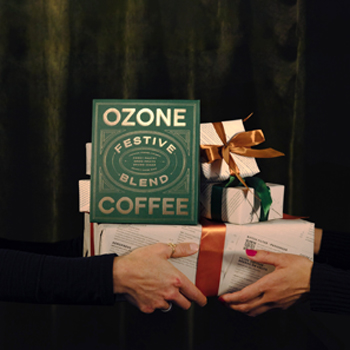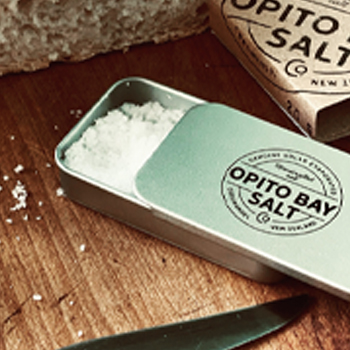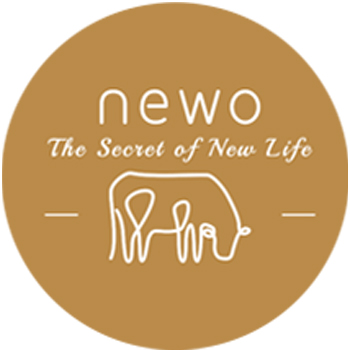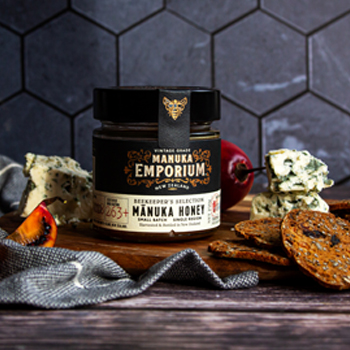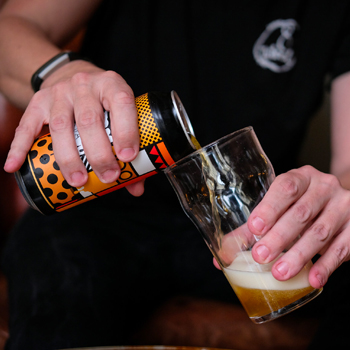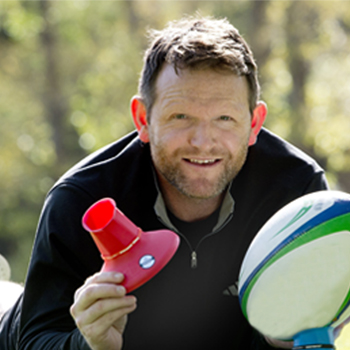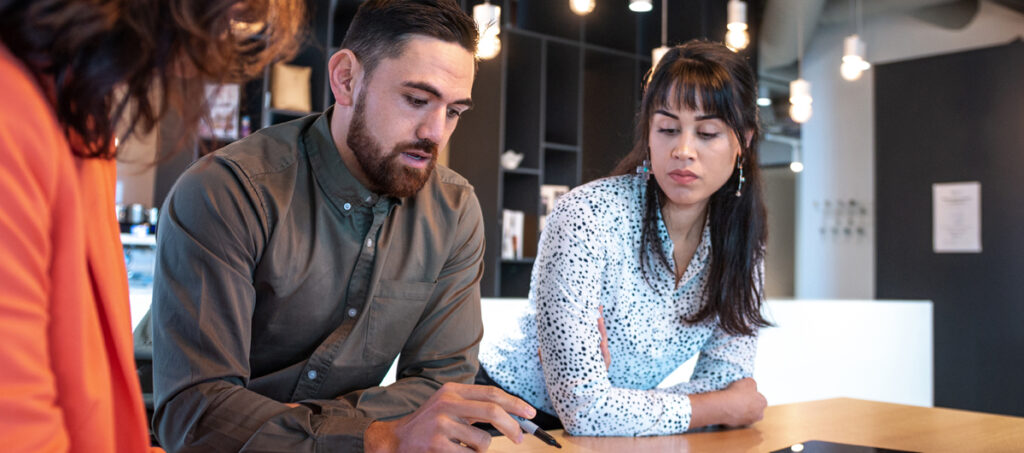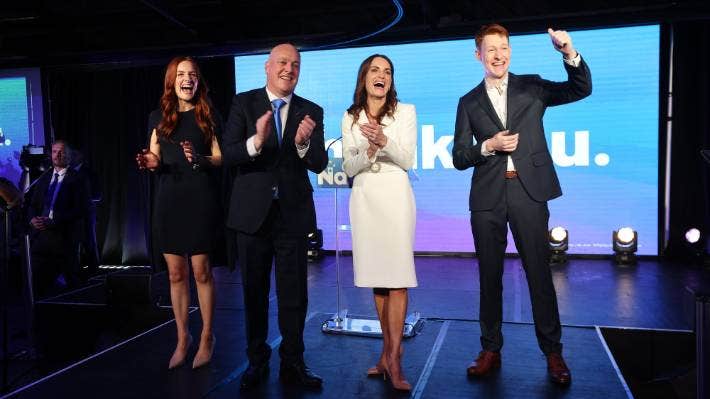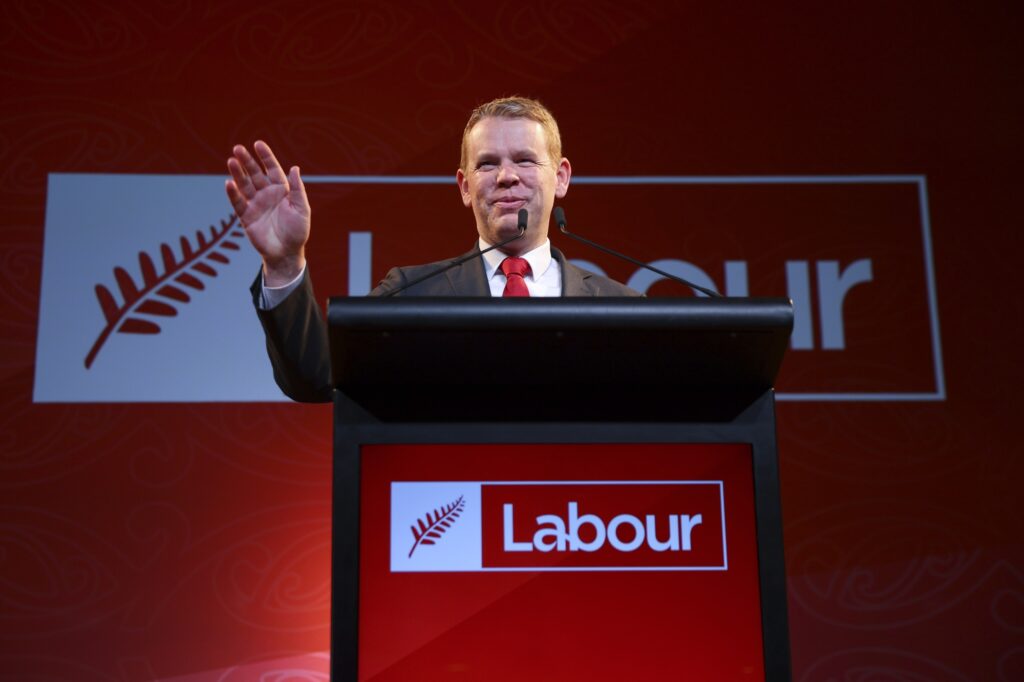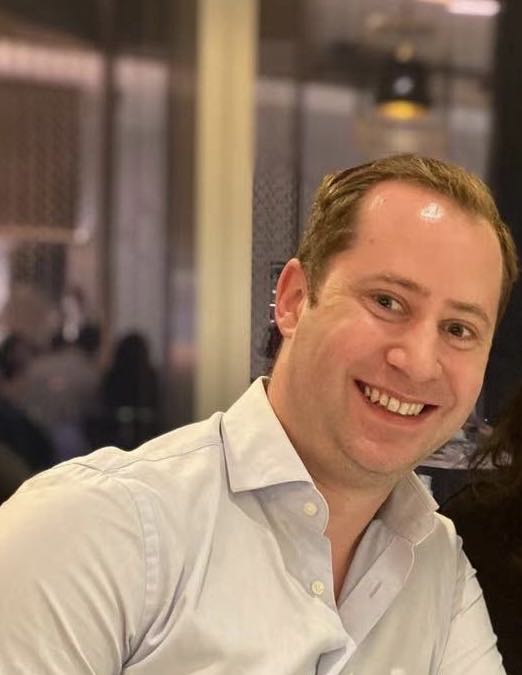
Max Douch, Shanghai.
How long have you lived offshore?
I have been offshore since 2007.
What do you love most about Shanghai?
I love the different cultures here and the ease of getting around.
If someone was coming to visit the area, what are two places you would recommend them to visit and why?
I would recommend the French Concession, because there are some amazing old buildings and
lots of small cafes to sit down and relax. I would also recommend some of the old water towns,
because they have interesting local shops selling products you won’t see downtown.
Watertown’s are also great places to take photos especially during sunset.
What’s the best thing about being a Kiwi offshore?
The best thing about being a kiwi offshore is that people know and love our country. We are
seen as polite and respectful people abroad.
What do you miss the most about New Zealand?
I miss the quiet of New Zealand. I miss being able to walk down to the local reserve and having
a swim in the mountain river during summer time.
What advice would you give to your pre-offshore self/What would you have liked someone to tell you before you travelled?
I would advise anyone thinking about coming to China to find the locals, be it expats of Chinese
residents and find out what apps they use. There are so many good apps that make living in
China so convenient.
How do you remind yourself of home on days when you miss New Zealand? I have many items around my home to remind myself of home from a plush kiwi to coasters with
pictures of camper vans and local birds.
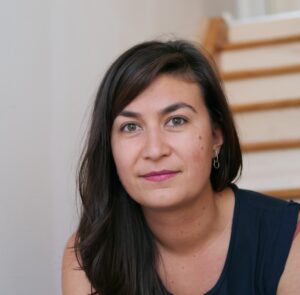
Pauline Autet, Paris
How long have you lived offshore?
I was born in Dijon (France), arrived in Aotearoa as a teenager with my family who moved a lot at the time, and lived there for 12 years before moving back to France in 2016.
What do you love most about the place you’re living in right now?
I love how compact Paris is, because I can get around anywhere on my bike and everything is accessible, unlike other European cities that are more spread out, so it reminds me of Wellington for this reason. Paris is also a well connected city which is important because the fast-paced busy urban life can get overwhelming!
If someone was coming to visit the area what are two places you would recommend them visiting and why?
My first go-to is the Contemporary HUM website, where the Calendar section will tell you what exhibitions to visit if you want to see work by Aotearoa New Zealand artists abroad! You can add a filter by city to know what is on where you are. The Palais de Tokyo has a great programme of contemporary art – Kate Newby was included in Reclaim the Earth in 2022 – and the Centre Pompidou too – with Lisa Reihana and Nandita Kumar presenting work in Cosmopolis #2 in 2020 for example. But there are lots!
What’s the best thing about being a Kiwi offshore?
Being able to connect NZers overseas and their creative projects to an international network – NZ is so much broader than its borders (as the size of the expat community can attest to!), and this makes it very exciting to be in the middle of this wide and intertangled web, including sharing stories of the diaspora through different countries and cultural contexts. Being here and having access to top international art events such as the Venice Biennale and documenta, it is so clear that artists from Aotearoa are in the top level of excellence and achievement, so to work with them to amplify and make visible projects that would otherwise be limited by the small size of the art world at home feels very meaningful.
What do you miss the most about New Zealand?
The best part of my work with Contemporary HUM is that it keeps me connected with the culture and art community from Aotearoa, however I do miss my family and friends a lot and wish (eco-friendly) time travel was a reality!

Zaman Toleafoa, New Jersey
How long have you lived offshore?
I’ve lived offshore for close to twenty years now. Before moving to the US in 2017 with my wife, Kate and three kids, Lulu, Ethan and Mason, we had spent fifteen or so years in London.
What do you love most about the place you’re living in right now?
New Jersey is a hugely underappreciated state (no, really). The schools are excellent, there’s tons of green space and the community we live in is idyllic and inclusive. Whenever friends visit they are always surprised about how “picture postcard” nice our town is. And it’s a 30 minute train ride into downtown New York City to boot. Oh, and no sales tax on clothing and shoes is nice too.
If someone was coming to visit the area what are two places you would recommend them visiting and why?
I’d take them to Arturo’s Pizza, a pizza restaurant in our county, and that is one of the best in the country. I’d then get them in the car and head out to Cape May on the Jersey shore for a couple days. It’s a good beach spot with a bohemian vibe.
What’s the best thing about being a Kiwi offshore?
Kiwis have such a great reputation that people tend to accept you more readily just by saying you’re from New Zealand. It’s also remarkable to see how many New Zealanders are doing well on the world stage across every industry. It punches above its weight in so many fields. Being a rugby snob is fun too.
What do you miss the most about New Zealand?
It’s hard to describe – it’s just a sense of being. The incessant sounds of cicadas in summer. The sudden, cool breeze on the beach on an otherwise sunny summer’s day. The feel of flimsy flip flops in the sand. Traffic jams on the way to the Mount (are they still a thing?). Being a JAFA. Eating a fast-melting mint choc chip ice cream at Mission Bay. Ripping open the newspaper to stop the fish and chips from steaming. I could go on..

 MENU
MENU

